Dental Hygiene Program Requirements
Developing competence as a dental hygienist requires fine motor skills, critical thinking, and reading for comprehension and application. Additionally, dental hygienists must have the depth perception necessary to obtain measurements in the mouth and the ability to see fine details and determine tissue changes in the oral environment. The Technical Standards and Essential Functions summary details the areas successful dental hygienists must be able to demonstrate.
If you are offered a position in the upcoming dental hygiene class, you will need to provide documentation of a recent physical examination. If accepted, you will also be required to undergo a criminal background check. It is important to know that conviction of a felony or misdemeanor that directly relates to the duties and responsibilities of the dental hygienist may disqualify a person from receiving a license to practice dental hygiene in the state of Texas (in accordance with the Occupations Code, Title 2, Chapter 53).
If you are offered a position in the upcoming entering dental hygiene class, you will need to prove completion of a current basic life support course (CPR) from the American Heart Association by September 1 of the first semester of the program. A photocopy of both sides of the course-completion card showing the issue/expiration date and the instructor’s identification information is considered proof of course completion. Training must be maintained and verified annually thereafter. For more information about CPR requirements, click here.
Individuals must be at least 18 years of age to be eligible for a license to practice dental hygiene in the state of Texas (in accordance with the Occupations Code, Title 3, Chapter 256).
Individuals who are involved in the provision of dental hygiene services may be exposed to blood borne pathogens that may result in human disease. Students and faculty members who experience an exposure to potentially infectious materials (needle stick, mucous membrane, or non-intact skin) or airborne inhalation require specific follow-up. An accident insurance fee is assessed to courses where the likelihood of an exposure may occur and a management protocol has been developed. For more information on the policies on blood borne and infectious diseases refer to the current Student Handbook and the Dental Hygiene OSHA Manual.
Search the Health Sciences Website
Dental Hygiene Updates
TEAS Testing Requirements for Health Sciences Applicants
A TEAS Exam score is required to apply to the following programs: Dental Hygiene, Occupational Therapy Assistant, Radiology, and Vocational Nursing.
If you are not applying to one of the programs above, then you are not required to take the TEAS Exam at this time. Please refer to the Application Process page for your program to see all application requirements.
Read moreNote to applicants regarding “P/NP” grades due to COVID-19:
A "P" grade will count for course completion of a prerequisite and co-requisite, but will not be calculated in determining the GPA for ranking purposes and could impact your total ranking score. For questions regarding choosing a "P" versus a performance grade (A,B, C), please contact Teri Frank at [email protected].
Read moreOnline Application Submission Process
Due to public safety concerns, applications will not be accepted in person until further notice. Effective immediately, applicants for all Health Sciences programs except Associate Degree Nursing, Mobility Nursing, and RN-to-BSN should follow these instructions when submitting their application and supporting documents:
Read more

